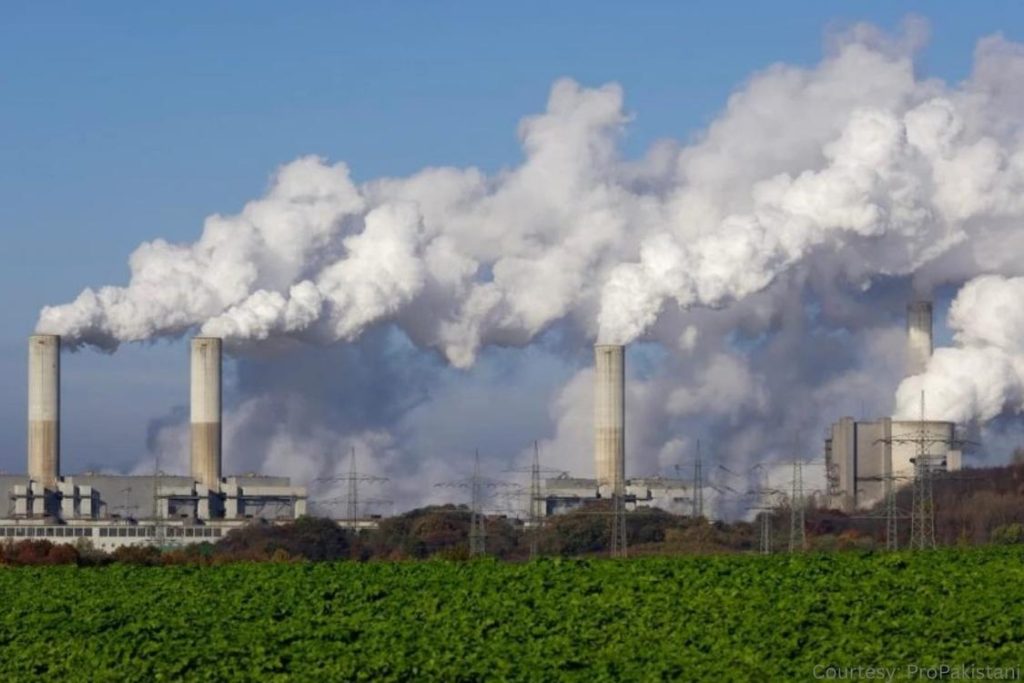PESHAWAR – The Khyber Pakhtunkhwa Forest Department is poised to generate up to Rs32 billion annually by leveraging its vast forest reserves through carbon trading, as part of an ambitious initiative supported by global climate finance mechanisms.
The plan, developed under the REDD+ framework and supported by the SEED Programme, aims to tap into international carbon credit markets by monetising the province’s forest carbon stock.
Major Share in Pakistan’s Green Assets
KP holds a significant portion of the country’s natural forest cover—around 40–45% of national forests—and more than half of the country’s forest carbon stock. Officials say that every hectare of temperate forest in KP can prevent the release of 367 tonnes of CO₂ annually.
According to recent assessments, the province’s forest cover has now expanded to between 26% and 37% of total land area, setting the foundation for meaningful participation in carbon finance.
Project Timeline and Implementation
The initiative is being rolled out in several stages:
- Carbon stock inventory and baseline survey – Nearing completion, expected by July 2024
- Economic and environmental feasibility – Due by September 2024
- Pilot commercial phase – Expected to begin in October 2024
- Market launch and public-private approval – Planned for early 2025
Revenue and Local Impact
Once operational, the project is expected to bring in Rs32 billion per year, equivalent to about 13.6 million carbon credits traded annually on international markets.
The income will be routed to the provincial treasury under a Public-Private Partnership (PPP) framework, with a percentage allocated for local communities participating in forest conservation efforts.
Beyond Financial Gains
In addition to revenue generation, the initiative aims to:
- Enhance forest protection through advanced monitoring systems
- Support sustainable livelihoods for residents in forested areas
- Promote climate-smart forestry practices under the REDD+ agenda
- Complement other environmental programs like the Ten Billion Tree Tsunami and solar energy projects in public sector buildings
A Model for National Climate Finance
The KP government hopes this model will not only serve as a benchmark for other provinces, but also prompt revisions to Pakistan’s National Finance Commission (NFC) award to include carbon stock-based fiscal transfers, a practice already adopted in countries like India and China.
Officials say the initiative represents a critical step in turning Pakistan’s natural resources into climate assets, while also strengthening environmental sustainability and rural development.
This story has been reported by PakTribune. All rights reserved.


